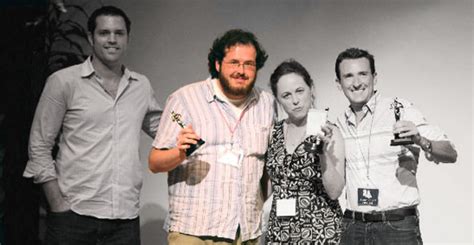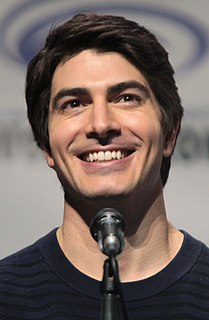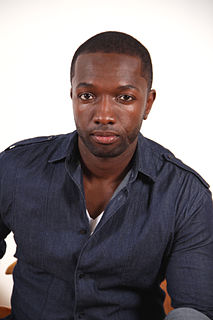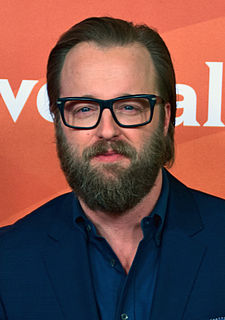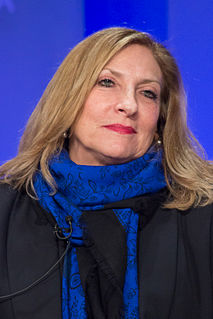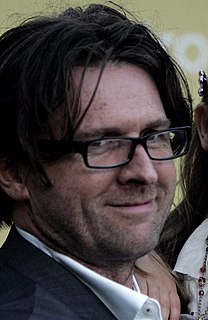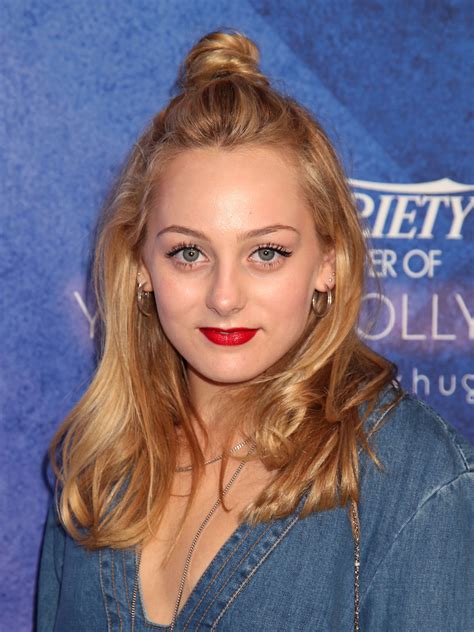A Quote by Kamal Haasan
Since I was 20, I wanted to make a short film and send it to international short film festivals. It never happened. I became too big a star to indulge in those things.
Related Quotes
I went back to Dallas for a little while to finish my short film 'Rusty Forkblade.' It was not the instant success I thought it was going to be. There's a false narrative that if you make a short film right after senior year, you'll be plucked out to make a feature length film, and the rest is history. I didn't do that.
Well I'm Superman, just not action. I'm kind of looking for something with a lot less action and more talking and listening. I also have a film that's premiering Vegas Film Festival, short film, directed by Joel Kelly, it's called Denial and it's a story, short film, 35 mm short film and it's about a man's struggle to choose between the woman of his dreams and his reality, so it's definitely different than Superman. So I'm really proud of that.
I wanted to be a playwright in college. That's what I was interested in and that's what I was moving toward, and then I had the lucky accident of falling in love with film. I was 19 or 20 that I realized films are made by people. Shooting digitally became cheaper and better. You couldn't make something that looked like a Hollywood film, but you could make something through which you could work out ideas. I was acting, but I was also conceiving the plots and operating the camera when I wasn't onscreen. I got very unvain about film acting, and it became a sort of graduate school for me.


